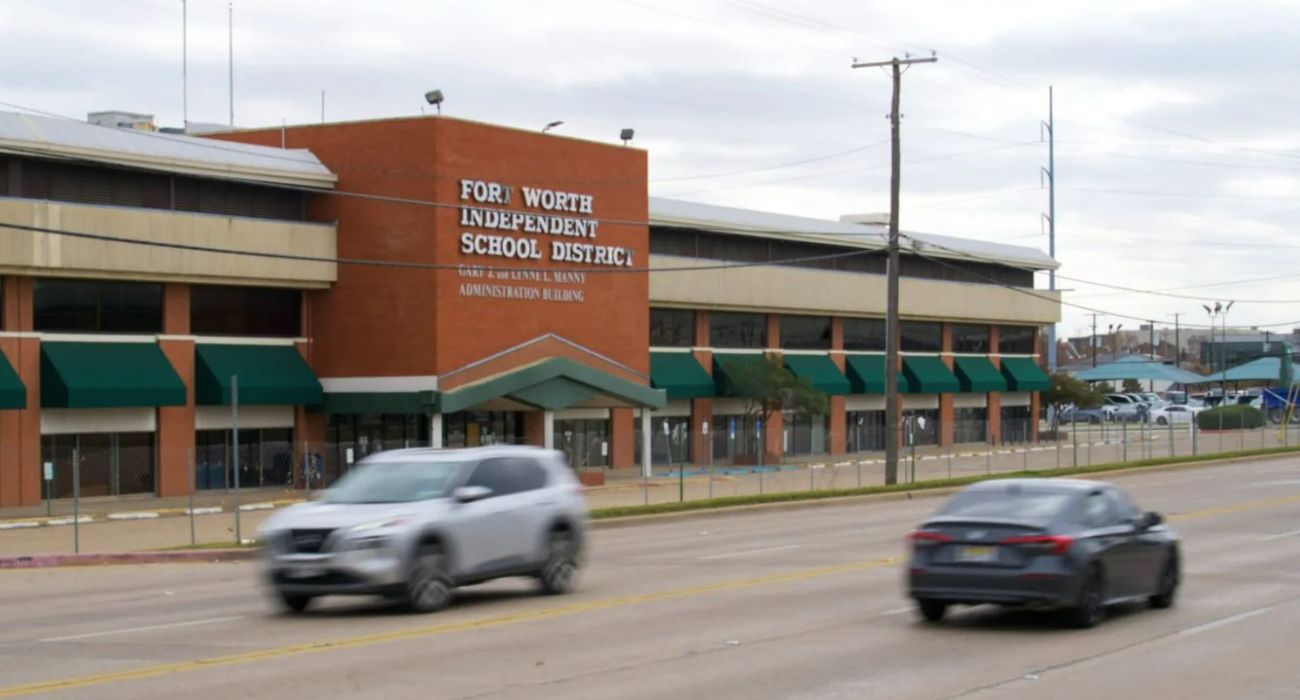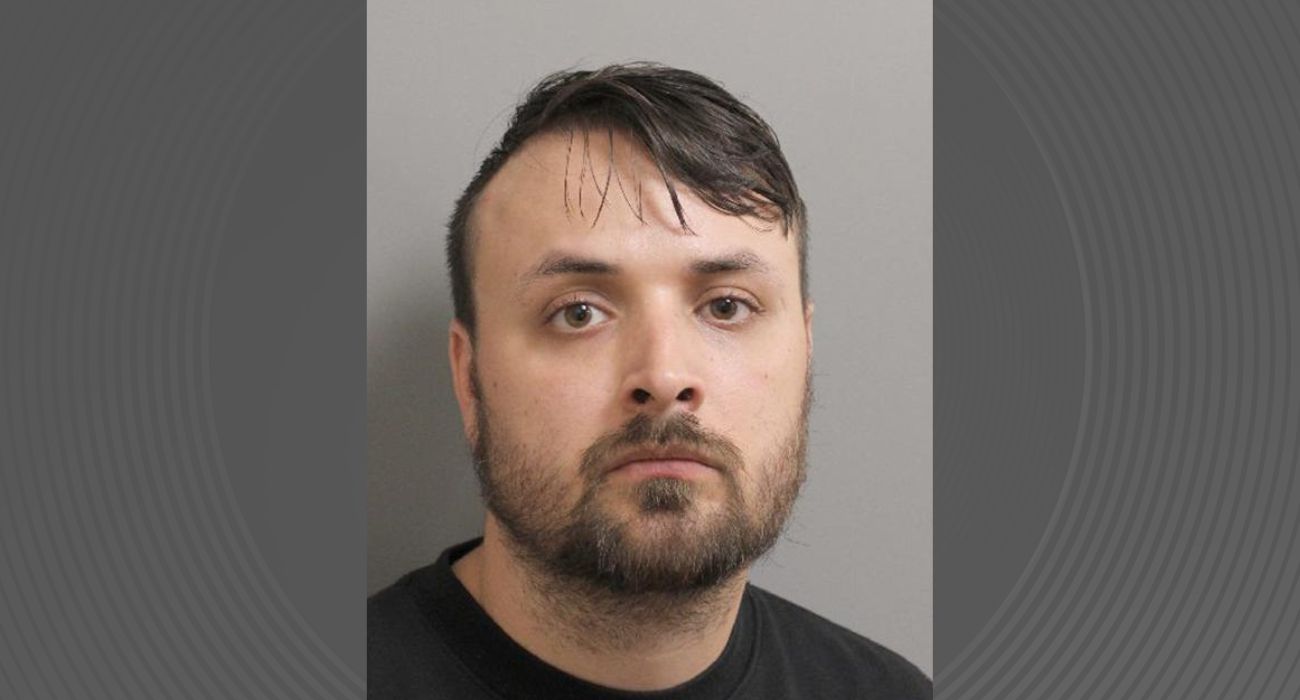The State Board of Education (SBOE) voted down four of seven charter school applicants in June because a few included Critical Race Theory, (CRT) according to a board member.
“When I started reading their education plan, they had things in there that were not a part of our state curriculum and were antagonistic to it because we have a law now against teaching critical race theory and two or three of those schools or three of them, show critical race theory in their plan,” said Pat Hardy, an SBOE member who represents Tarrant, Parker, and part of Dallas County.
House Bill 3979, which Gov. Greg Abbott signed into law on June 14, instructs how America’s history of slavery and racism is taught in Texas Schools.
“The schools must have liked critical race theory and were planning on using it but, in the meantime, we did pass the law saying we couldn’t use it in schools,” Hardy told The Dallas Express.
Hardy, a Republican, was elected to District 11’s SBOE seat in November 2002 and has been re-elected consecutively. She currently serves on the board’s Committee on School Finance/Permanent School Fund, which oversees the Permanent School Fund, the nation’s largest educational endowment.
“The one that everyone liked was the One Purpose Autism School,” Hardy said in an interview. “That was very good. There was one I voted for that had CRT in it but I didn’t pick up on it until afterwards.”
Critical Race Theory educational proposals include teaching students that the history of America began with slavery in 1619, not in 1776. Hardy criticized the Texas Education Agency (TEA) for recommending that the SBOE approve charter schools that embrace CRT.
“When they had 1619 in there, TEA should not have approved the school,” Hardy said. “It was found to be a little annoying to the State Board of Education. The others had a lot of restorative discipline and I’m one of those people that doesn’t vote for all charters but I don’t vote against all charters, either. I judge each charter on its basis and merit.”
Restorative discipline is defined by the Education Service Center as mending social injury with the support of the community.
“Apparently, this restorative discipline was the kind of discipline that the school in Michigan used when they sent the young man back to class,” she said. “He had done all these things like made drawings that were very scary and ordered ammunition but because his parents didn’t want to take him home, he went back to class, then he came home, got his gun, killed four children, and wounded others. That was supposedly restorative discipline that they were using with him. It didn’t work.”
As previously reported in Dallas Express, 15-year-old Ethan Crumbley is accused of killing four students and injuring at least seven in a shooting at Oxford High School in Michigan last week. His parents were both charged with involuntary manslaughter.
“What really needs to be done in the regular public schools is tied up with their disciplinary methods and I don’t mean restorative discipline,” Hardy said. “I mean start facing consequences for their actions for whatever they’ve done. Kids need to have consequences and if public schools did that, then maybe there would be fewer bad actions.”
Some 5.3 million students attend public school in Texas during the 2020-21 school year, according to TEA data, compared to 336,900 students who attend charter schools, which accounts for 6.1% of the total public school population in Texas.
“The education-administration complex doesn’t want the competition from charter schools even if they aren’t doing a real good job,” Hardy added. “The problem that I hear the public schools complain about is they have to take all students, no matter how bad a discipline problem they are. They’ve got to figure out something for all students. So, the public school becomes a default for the bad kids.”
While Hardy recommends Great Hearts for parents in Fort Worth who feel their public school is failing, Lynn Davenport, a Dallas mother whose child attends a Richardson ISD school, said that charters like Great Hearts are not a solution to the ills of public schools.
“The Republicans love to talk about how wonderful charter schools are,” she said. “They just like the business model and anything that will take away from public schools but they don’t realize it’s just a new corrupt system.”
Great Hearts operates 33 tuition-free K-12 charter schools in Texas and Arizona.
“At their core, charter schools are real estate deals and they have the same tests and the same standards so you’re not really escaping all the issues in the public school by going to a charter school,” Davenport told The Dallas Express. “The marketing will tell you that a charter is a STEM school or a classical school but there’s no such thing because they’re teaching with the same the teachers who come out of the same colleges if they’re certified but if they’re not certified, then their teachers are even worse. There’s no room for innovation because there’s no room. Otherwise, the public school might be doing innovation.”
Another free charter school system is International Leadership of Texas (ILT), which manages 13 elementary schools, 13 middle schools, and 4 high schools, according to media reports.
“There’s a whole lot more to a charter school model than meets the eye,” Davenport said in an interview. “They do these debt deals. ILT has the largest junk bond debt deal in history. So, charters are creating a parallel corrupt system.”
Although Davenport generally supports public schools, she said the real threat is not Critical Race Theory but rather Social Emotional Learning (SEL).
“It’s just that people are focusing on Critical Race Theory right now because that’s what in the news,” she said. “My district is not technically doing Critical Race Theory from the original manual but they do use Critical Race Theory-like language, such as cultural competency and equity, diversity inclusion. All of it shifts away from academic learning and focuses on behavioral, attitudes, belief, and values. That’s tapping into the affective domain and not really focused on reading, writing, and the basics. It’s how do you feel and what are your emotions.”






